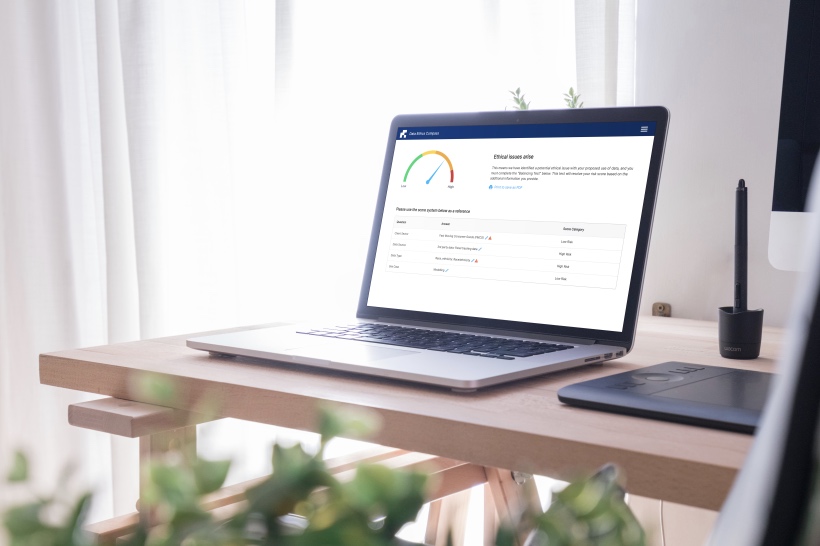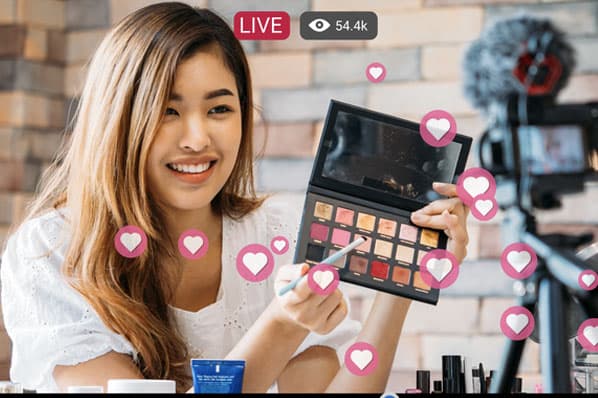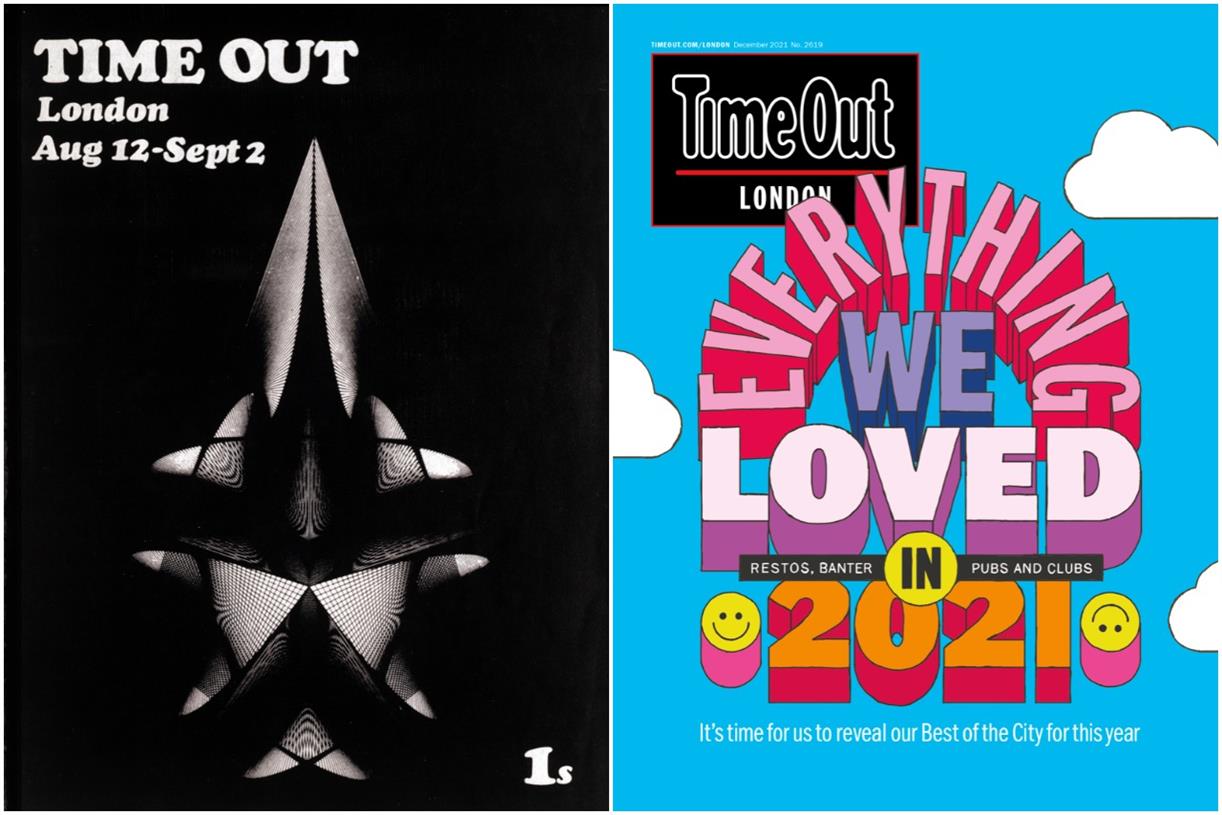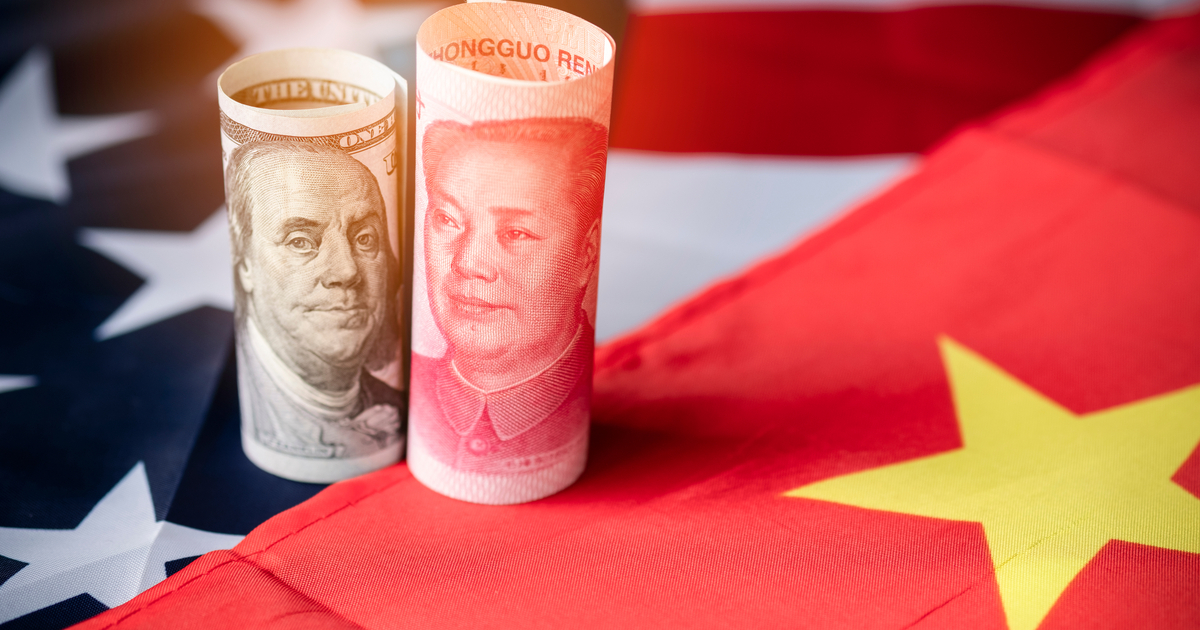GroupM launches data ethics tool
The new tool, developed with feedback from Unilever, helps marketers determine whether using a certain dataset in a given context is ethical.

GroupM on Monday revealed the Data Ethics Compass, a new global tool developed in partnership with Unilever that helps marketers evaluate whether use of a certain dataset is not just legal, but also morally ethical.
The tool, which is in beta, aims to offer brands a consistent approach to ethical decision making in data-driven media campaigns as privacy becomes a larger concern among consumers and lawmakers.
Unilever is an alpha tester of the tool, and is collaborating with GroupM and its media agency Mindshare, which first began development of the tool, on product feedback and how to operationalize the process in media planning and buying.
The Data Ethics Compass aims to eliminate some subjectivity from the ethical decision-making process to give advertisers more comfort and confidence in their targeting practices, said Krystal Olivieri, global SVP for data strategy and partnerships at GroupM.
“A lot of companies have put out policies about data ethics principles, but every time you change a minor input, it changes the analysis,” she said. “We needed something a bit more prescriptive that [could] ebb and flow across different use cases.”
For example, using third-party location data to retarget a minority audience that visited a community center might technically be legal under current U.S. federal privacy laws, but is it ethical?
GroupM spent six months working with its legal teams on the tool considering use cases like this. It also sourced feedback from consumers in its ongoing live research panel, as well as from Unilever as an alpha tester.
“We use the cool vs. creepy factor,” Olivieri siad. “If you had to stand in a room with 500 people, would you offend people in that room, or be comfortable with that tactic?”
In its current iteration, agencies can fill out information in the platform on the client vertical, verify how data was collected, indicate what it says about the consumer and determine an ethical “risk score.”
If an issue arises, the platform produces a scorecard of what triggered the flag based on a proprietary weighting system. It also generates an email template with standard language the agency buyer can send to the client explaining why the data set is ethically dubious.
The platform enables GroupM’s media agencies to make consistent ethical decisions without needing to report back to data privacy experts at the holding company. But, like a brand safety tool, it’s meant to be a guide for clients rather than prescriptive, Olivieri said.
“This is a guide to show how GroupM is thinking about these combinations, but it's not a stop gate,” she said. “It allows us to go back to clients with a more informed decision.”
GroupM views ethics as the third of three key steps to ensuring proper data compliance. First the agency evaluates the legality of the data, and then determines it is high quality and can drive the intended business result.
“Ethics sits on top of that,” Olivieri said. “After you do your compliance check and quality review, should we proceed from a consumer perspective?”
Agencies can most effectively apply the tool in the strategic planning and media activation phases, Olivieri added. GroupM has been training its agencies to use the tool, and has identified champions at each firm to begin rolling it out to different teams. Mindshare has already begun to embed the tool in its workflow process with Unilever.
GroupM plans to continue developing the tool by creating tailored versions of the platform that take specific client considerations into account in their scoring mechanism. The team also wants to add more data points to the platform as new use cases arise, and add the ability to combine multiple inputs to create a given output.
“This tool was built to bring some empathy back into the process, and with the notion that, just because you can doesn't mean you should,” Olivieri said.

 BigThink
BigThink 








![The Ultimate Guide to Instagram for Business [+Data From 500 Marketers]](https://blog.hubspot.com/hubfs/instagram-for-business.jpg#keepProtocol)





















.jpg&h=630&w=1200&q=100&v=6e07dc5773&c=1)